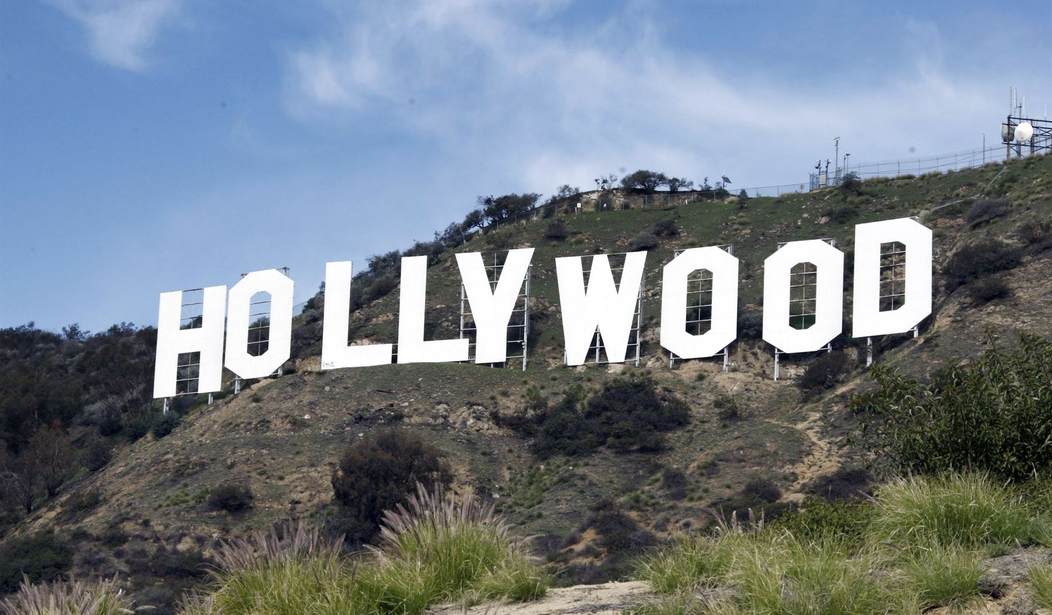“We read to know that we are not alone.”
This quote by screenwriter William Nicholson, hits at an important truth. Stories -- not just the ones we read, but the ones we watch on screens large and small -- help us to understand that as much as we might, in our darkest moments, believe that no one else in all of human history has ever experienced what we are going through, maybe we aren’t so different after all.
For a reader or a viewer, there can be tremendous solace to be found in knowing that there are others out there like you. Through these stories we discover a shared humanity that unites us through our lived experiences. We learn that others have thought similar thoughts, felt similar feelings, shared similar experiences. Others have endured hardship, felt heartbreak, experienced loss, and somehow survived.
We also learn empathy for those whose experiences are unlike our own. Stories also give us perspective: a way to view the world beyond the scope of our own limited experience. Stories give us exposure to people, places and events that we may not have yet encountered in the real world and an opportunity to visualize how we might respond if we do encounter them in the future.
The flip side of that is that media can take experiences that are relatively rare and uncommon and make them seem far more common than they are in reality. That can be dangerous, particularly if in so doing, these stories are inadvertently encouraging behavior that is genuinely evil.
Such appears to be the case with the Disney Searchlight film Poor Things, starring Emma Stone which has been nominated for 11 Oscars, including Best Picture and Best Actress, and will be streaming on Hulu starting March 7th, ahead of the Oscars.
Poor Things is a kind of Frankenstein tale about a pregnant young woman, Bella Baxter, who commits suicide by jumping into a river. A scientist-surgeon brings her back to life by putting the unborn, but still living, baby’s brain into Bella’s adult body, making her physically a full-grown woman, but mentally an infant.
Recommended
Bella’s dichotomous existence leads to scenes that should make everyone uncomfortable.
Vulture describes “Bella discovering masturbation and orgasm." Eventually, the highly sexualized Bella turns to a life of prostitution.
Already this raises all kinds of red-flags. It’s a nightmare scenario that might have been dreamed-up by Alfred Kinsey, the so-called “father of the sexual revolution,” whose research relied on sexual abuse of infants as young as 2 months old.
But it gets worse.
Pre-release, the film also reportedly contained a scene in which “the father of two young boys hires Emma’s character, Bella Baxter, as a sex worker to teach the children how to have sex. He has sex with Bella in front of the boys.”
According to BuzzFeed, “In a statement, the BBFC [British Board of Film Classification] explained that movies released in the UK are not allowed to depict ‘sexual activity in the presence of children’ in accordance with the Protection of Children Act 1978.”
That such a scene should have been considered at all should shock the sensibilities of any decent, rational human being.
Yes, the scene was cut pre-release. But the mere fact that any writer, director, or studio would even think to put young child actors in such a scenario is appalling. The fact that Disney was behind it serves only to confirm what many have observed about the company’s downward slide into depravity.
Stigma and shame still serve a purpose in society by underscoring a sense of shared community values. There are behaviors that should elicit a sense of shame, because the behavior itself is shameful. There are behaviors that should be stigmatized because they are anti-social, immoral or illegal.
Naturally, Poor Things has been and will continue to be celebrated by Hollywood, especially leading up to the Academy Awards on March 10. And it may even win an award or two, but not because the story is enlightening or any of the buzz words that will inevitably be thrown around.
The sexualization of children, now all too common in the entertainment industry, should be stigmatized and condemned. Those looking for solace from stories that normalize this behavior should be ashamed. These stories don’t deserve to be told.
Melissa Henson is the vice president of the Parents Television and Media Council, a nonpartisan education organization advocating responsible entertainment. On X: @ThePTC

























Join the conversation as a VIP Member